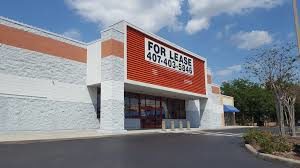 Vacancy Provision
Vacancy Provision
In some ways, personal insurance and commercial insurance have common threads. But don’t kid yourself, getting your arms around commercial insurance is a considerable challenge.
Under a commercial property policy, coverage is significantly different for buildings that are vacant for extended periods. Usually, certain types of coverage are completely eliminated during the vacancy. Insurance companies are interested in protecting ongoing businesses and premiums are based upon active occupancy. Continued, full coverage may be provided, but that is only at the insurance company’s discretion. If a vacant risk is accepted, it usually means paying more premium.
Definitions
Before any coverage restrictions can be imposed, the insurance company must define exactly what they mean by vacancy and the definition is affected by the type of occupancy:
Tenant – When the insured is a tenant and the policy covers that insured’s property interest, the definition of building is the unit or suite 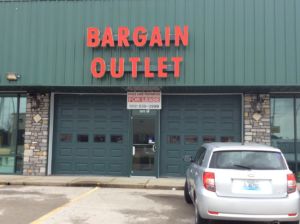 that has been rented or leased to the tenant. That building is considered vacant when it no longer contains enough business personal property to conduct the customary operations of the insured tenant.
that has been rented or leased to the tenant. That building is considered vacant when it no longer contains enough business personal property to conduct the customary operations of the insured tenant.
Building Owner Or General Lessee – When the insured is a building owner or general lessee, building is defined as the entire building. The building is considered vacant UNLESS a specified percentage of the total square footage is rented to a lessee or sub-lessee and used by the lessee or sub-lessee to conduct its customary operations OR is used by the building owner to conduct customary operations.
Buildings Under Construction – Buildings that are under construction or renovation are not considered to be vacant.
Vacancy Provisions
Now that vacancy has been defined, the vacancy condition can be stated. If the building where loss or damage occurs has been vacant (see definition above) for more than 60 consecutive days before the loss:
- the insurance company will pay NOTHING if the loss was caused by vandalism, sprinkler leakage, glass breakage, water damage, or theft (including damage from attempted theft).
- the insurance company will reduce any loss amount by 15% if the claim is due to any Covered Cause of Loss not listed above.
Vacancy Permit
When vacancy does occur, many companies, for an additional premium, will add a provision (sometimes called a Vacancy Permit). This form changes the policy wording so that it provides coverage for the property during specific time periods when the applicable premises are vacant.
COPYRIGHT: Insurance Publishing Plus, Inc. 2017
All rights reserved. Production or distribution, whether in whole or in part, in any form of media or language; and no matter what country, state or territory, is expressly forbidden without written consent of Insurance Publishing Plus, Inc.


 Contact
Contact
 Email an Agent
Email an Agent

 Click to Call
Click to Call Get Directions
Get Directions

 Vacancy Provision
Vacancy Provision that has been rented or leased to the tenant. That building is considered vacant when it no longer contains enough business personal property to conduct the customary operations of the insured tenant.
that has been rented or leased to the tenant. That building is considered vacant when it no longer contains enough business personal property to conduct the customary operations of the insured tenant.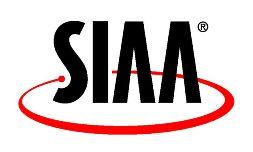
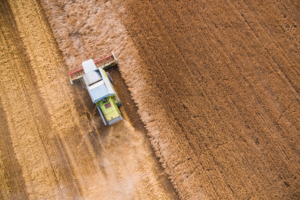
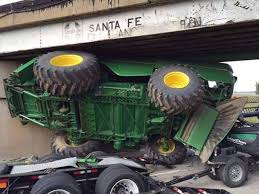

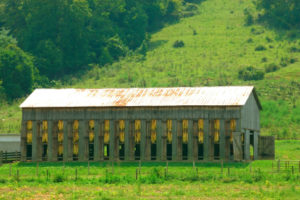
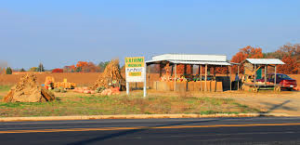


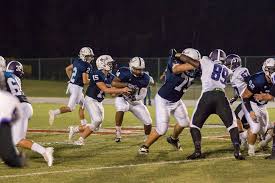 Autumn is noted for the color and delight found in the changing of the seasons! But change also arrives in the form of the colorful masses that gather and celebrate…..around football stadiums. It happens around high school games on Friday nights and on crisp cool Saturdays around colleges and universities. It happens on Sunday afternoons, Sunday Nights, Monday Nights and all the other times that they squeeze in days and times for professional football. From amateur to professional contests, upwards of 50 million people annually enjoy tailgating.
Autumn is noted for the color and delight found in the changing of the seasons! But change also arrives in the form of the colorful masses that gather and celebrate…..around football stadiums. It happens around high school games on Friday nights and on crisp cool Saturdays around colleges and universities. It happens on Sunday afternoons, Sunday Nights, Monday Nights and all the other times that they squeeze in days and times for professional football. From amateur to professional contests, upwards of 50 million people annually enjoy tailgating.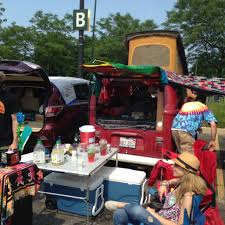 lowering vehicle tailgates and enjoying food, drinks and recreational activities! Tailgating began simply enough with socializing among folks who came to game locations early enough to secure scarce parking. The socialization was enhanced by food and drinks, then the events became more elaborate involving bring your own pitch-ins, barbecues, concerts, recreational sports, etc.
lowering vehicle tailgates and enjoying food, drinks and recreational activities! Tailgating began simply enough with socializing among folks who came to game locations early enough to secure scarce parking. The socialization was enhanced by food and drinks, then the events became more elaborate involving bring your own pitch-ins, barbecues, concerts, recreational sports, etc.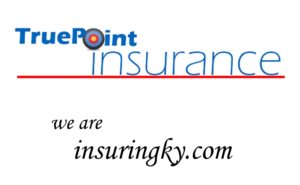

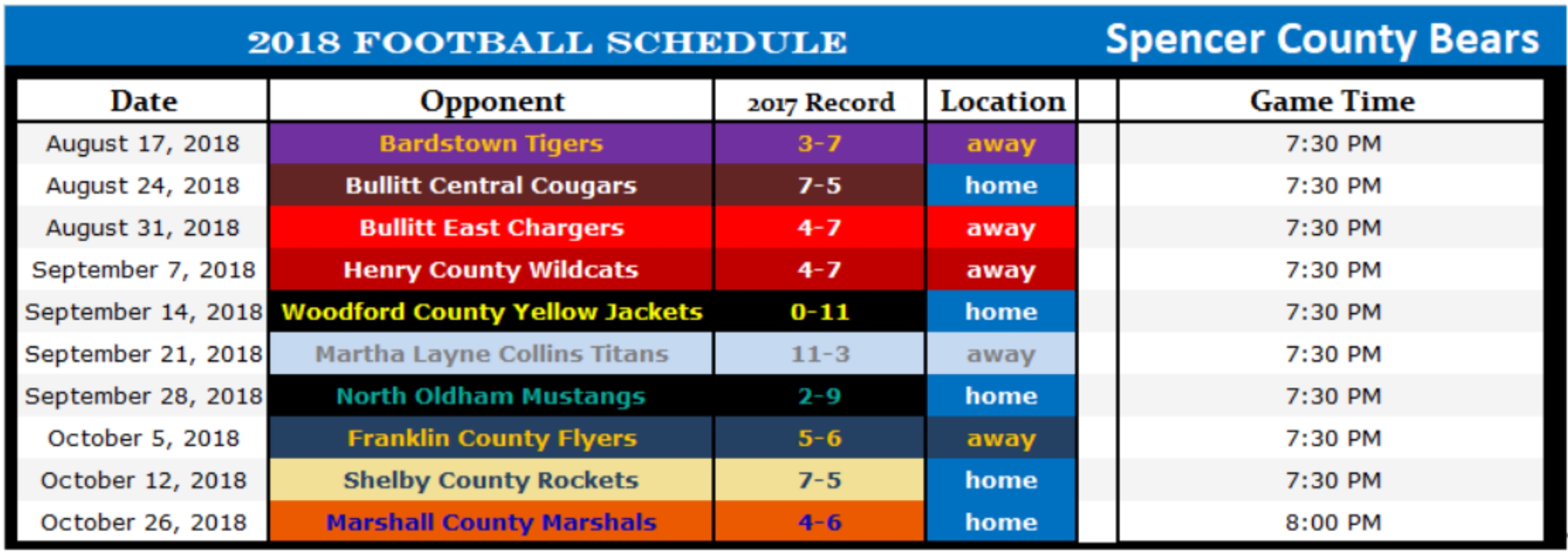

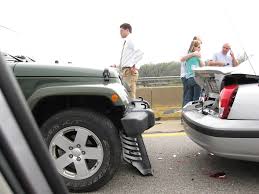 regardless of fault. The theory behind this was that insurance companies would resolve disputes between themselves more efficiently.
regardless of fault. The theory behind this was that insurance companies would resolve disputes between themselves more efficiently.



